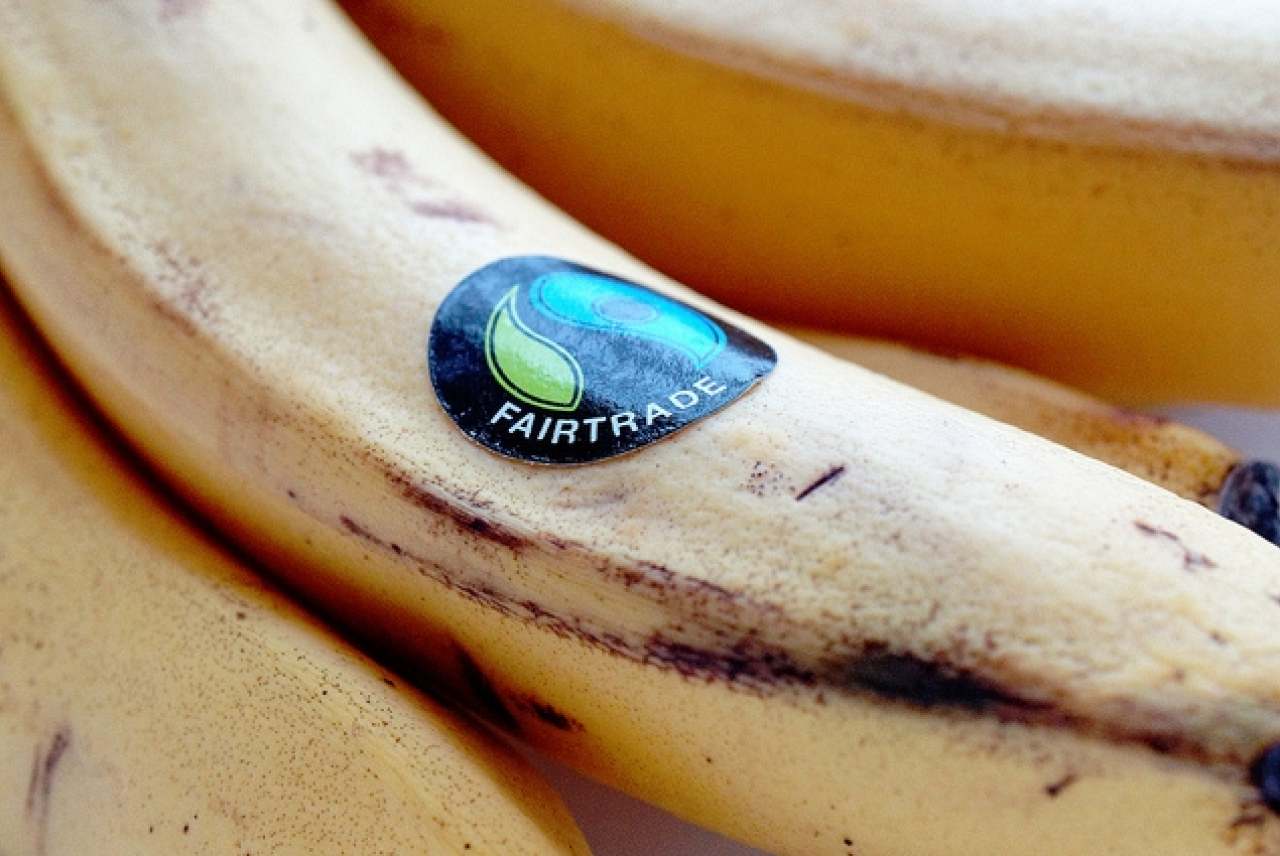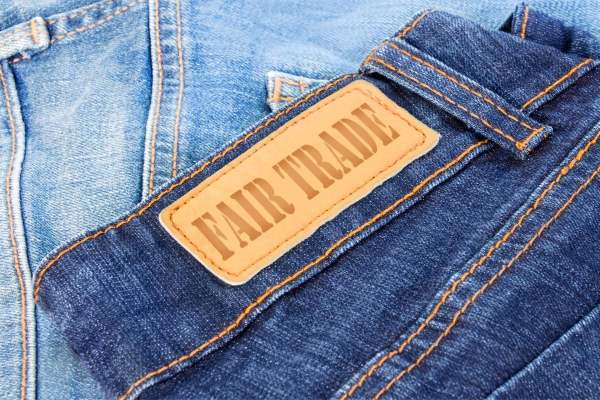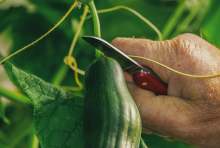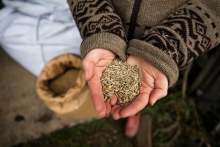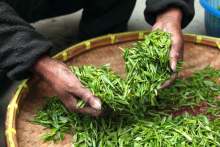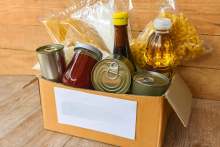What is it?
Fair trade is basically a way of helping farmers in developing countries.
Fair trade certification is awarded to products that match a number of ethical criteria. Those that match the criteria are awarded the fair trade label which they can use on their packaging.
The pioneer in this field was Fairtrade, but the last decade or so has seen other fair trade schemes be set up.
Importantly, with Fairtrade the companies are all independently audited so you can trust that those who gain the label really deserve it and that those working on farms directly benefit.
With some newer schemes, particularly those set up by companies themselves, there may be less rigorous monitoring and auditing.
A note on terminology
Fair trade is not a protected term, meaning that there is no set legal definition. (Compare this to, for example, organic, which can only be used in very strict circumstances.)
Fairtrade (one word and capital F) is used to describe the labelling system and certification process regulated by Fairtrade International. All other variants e.g. fair trade or fair-trade, refer to the theory of fair trade rather than a specific scheme.
So any company can call their products fair trade, based on their own definition of fair trade.
